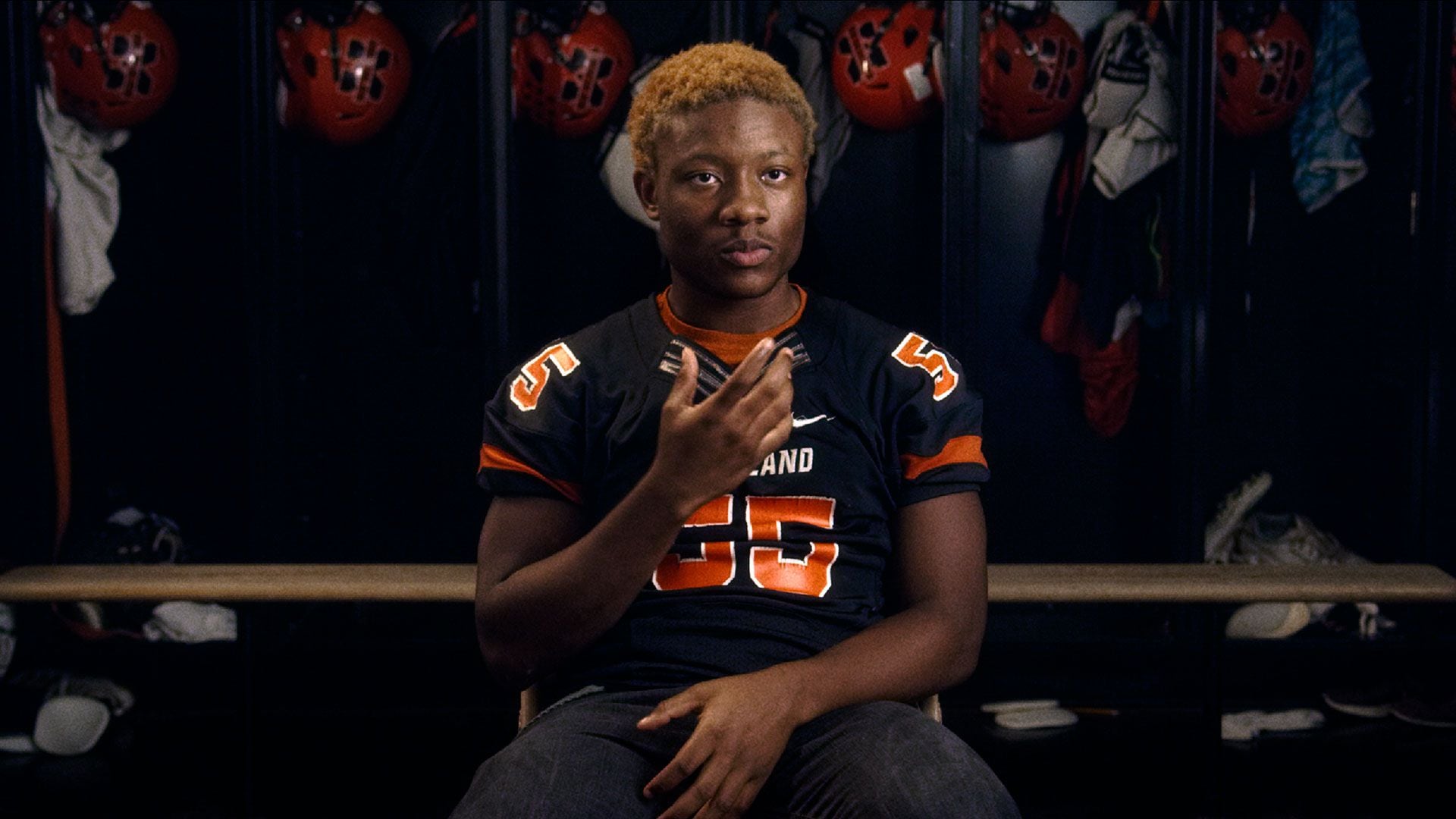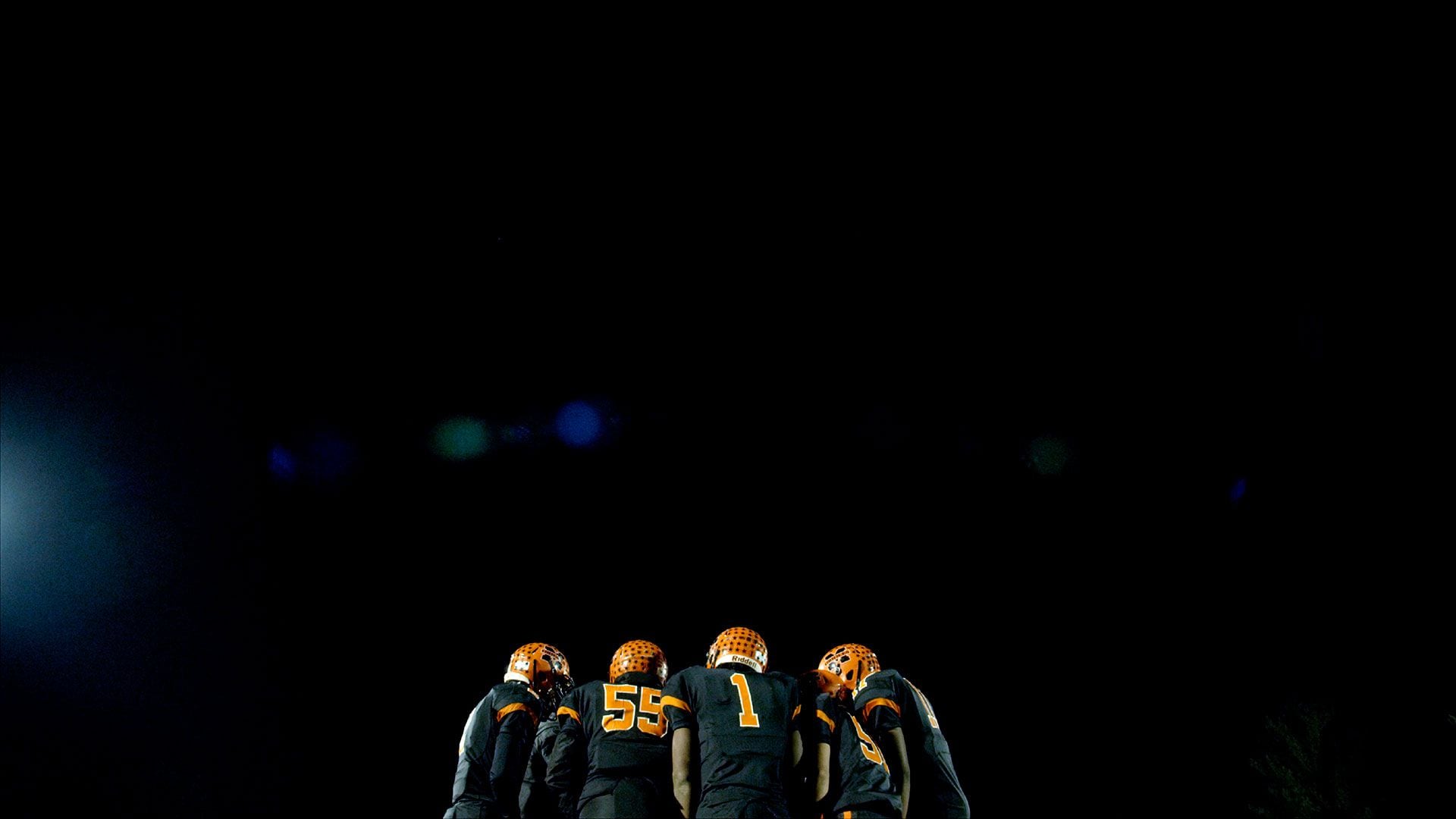
“Listeners tend to look down on deaf people, they don't think we can do things as well as they can,” reflects one of the players on a football team made up of young people who can't hear. Audible, the 38-minute documentary that tells this story of resilience in the face of prejudice and impairment, will compete next Sunday in the 94th installment of the Oscars and can now be seen on Netflix.
With a similar theme, the film CODA (available on Prime Video, also nominated and with good chances according to previous estimates) takes care of a deaf family and their only daughter with hearing ability. With reality in the place of fiction and a short format, this short film directed by Matthew Ogens shows the daily lives of a group of young people who live without hearing.
Audible takes as its starting point the story of Amaree McKenstry-Hall, a boy who is a senior in high school at the Maryland School for the Deaf. His passion is playing football and he is part of the team at the center of the narrative that puts us squarely in the problem of discrimination suffered by these young people.
The focus of the story is on the efforts of the players and their ability to face adversity and understand that much can be achieved with will. But along the way there are many adversities, and they know it. Amaree and his teammates vent their frustrations when they enter the court, while trying to cope with the mourning for a friend, Teddy, who committed suicide after years of bullying.

With this pain in the chest, added to the wounds of numerous situations of discrimination, this group of athletes and friends faces conflicts. This does not prevent them from living their adolescence in all its glory or to look to the future with hope.
Audible is not the director's first foray into the documentary genre. He has already received an Emmy for 30, which he made for ESPN on the occasion of the three decades of the signal.
For this project, Ogens approached sign language, on which he commented: “It's beautiful and full of nuances, because it's not just the hands: it's also body language and it's facial expressions. It's a very physical language and very difficult to learn, but I did everything I could.” For him, something more important than speaking fluently in six weeks was showing teenagers “some respect.”

Ogens, in turn, lived near the school where these boys went and knew about this football team. The idea, which always counted among his projects, took shape when he partnered with Nyle DiMarco, the deaf model and actor, also producer of the documentary Deaf U. They proposed the idea to Netflix, and today they are going for their Oscar.
Audible is competing against other shorts, including The Queen of Basketball, Three Songs for Benazir, When We Were Bullies and Lead Me Home.
KEEP READING:
Últimas Noticias
Debanhi Escobar: they secured the motel where she was found lifeless in a cistern

The oldest person in the world died at the age of 119

Macabre find in CDMX: they left a body bagged and tied in a taxi
The eagles of America will face Manchester City in a duel of legends. Here are the details

Why is it good to bring dogs out to know the world when they are puppies




